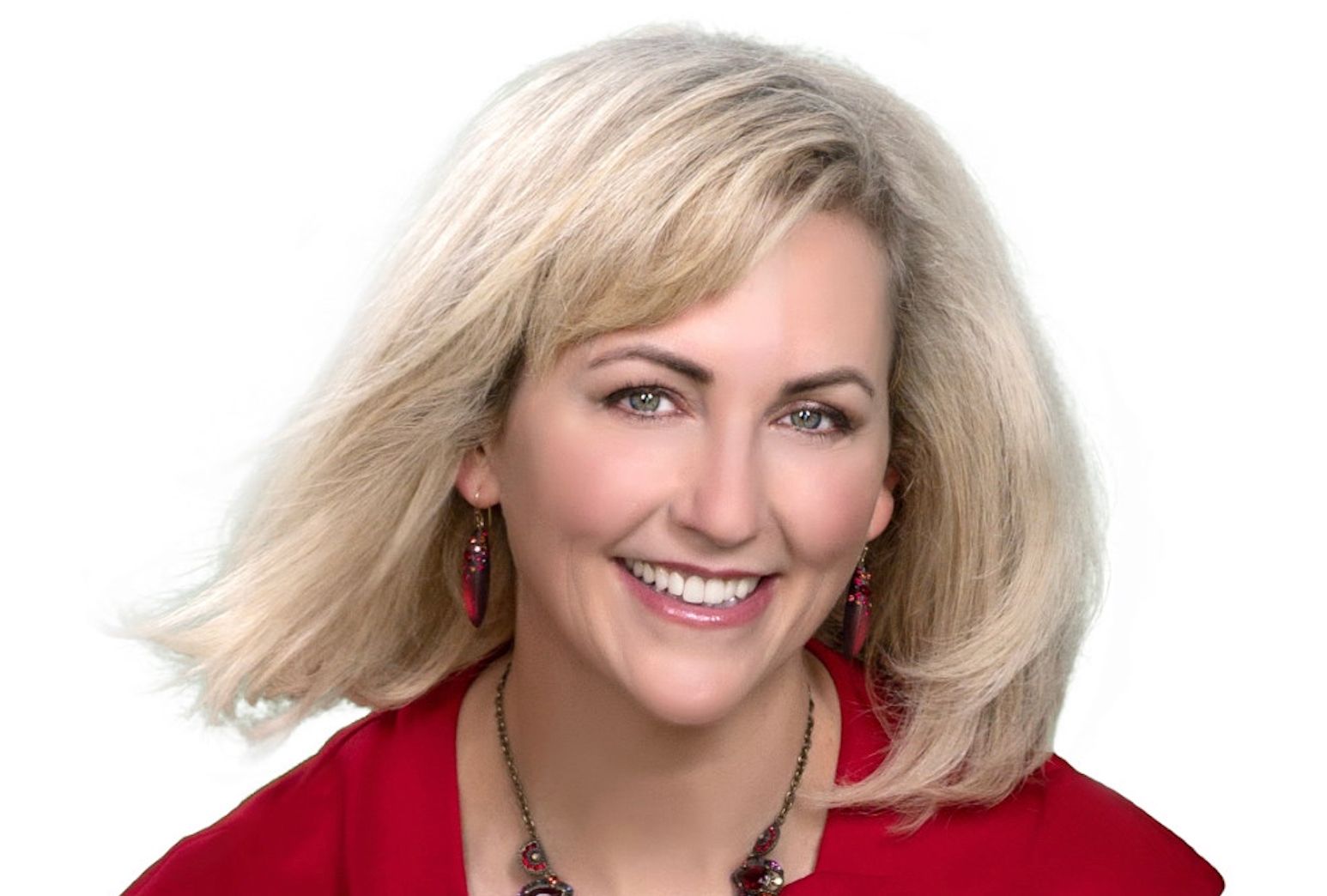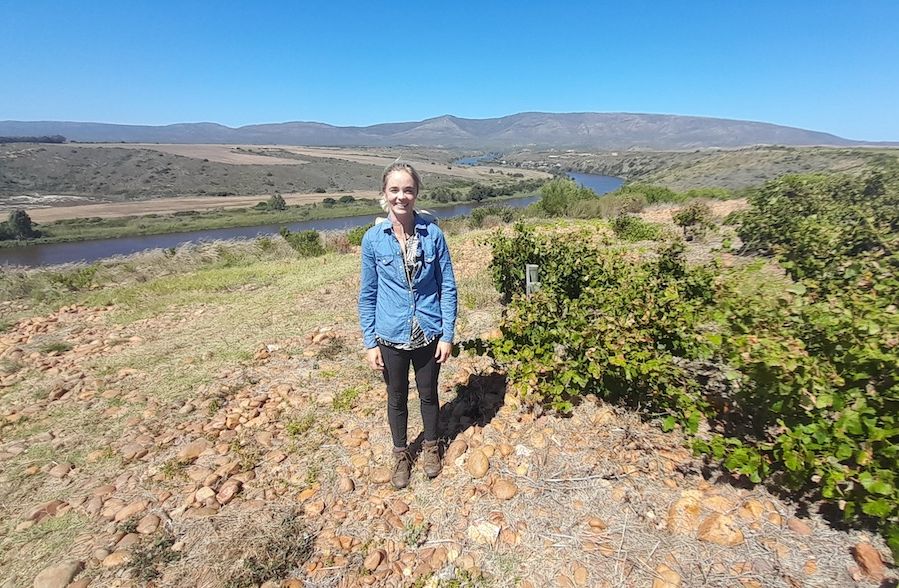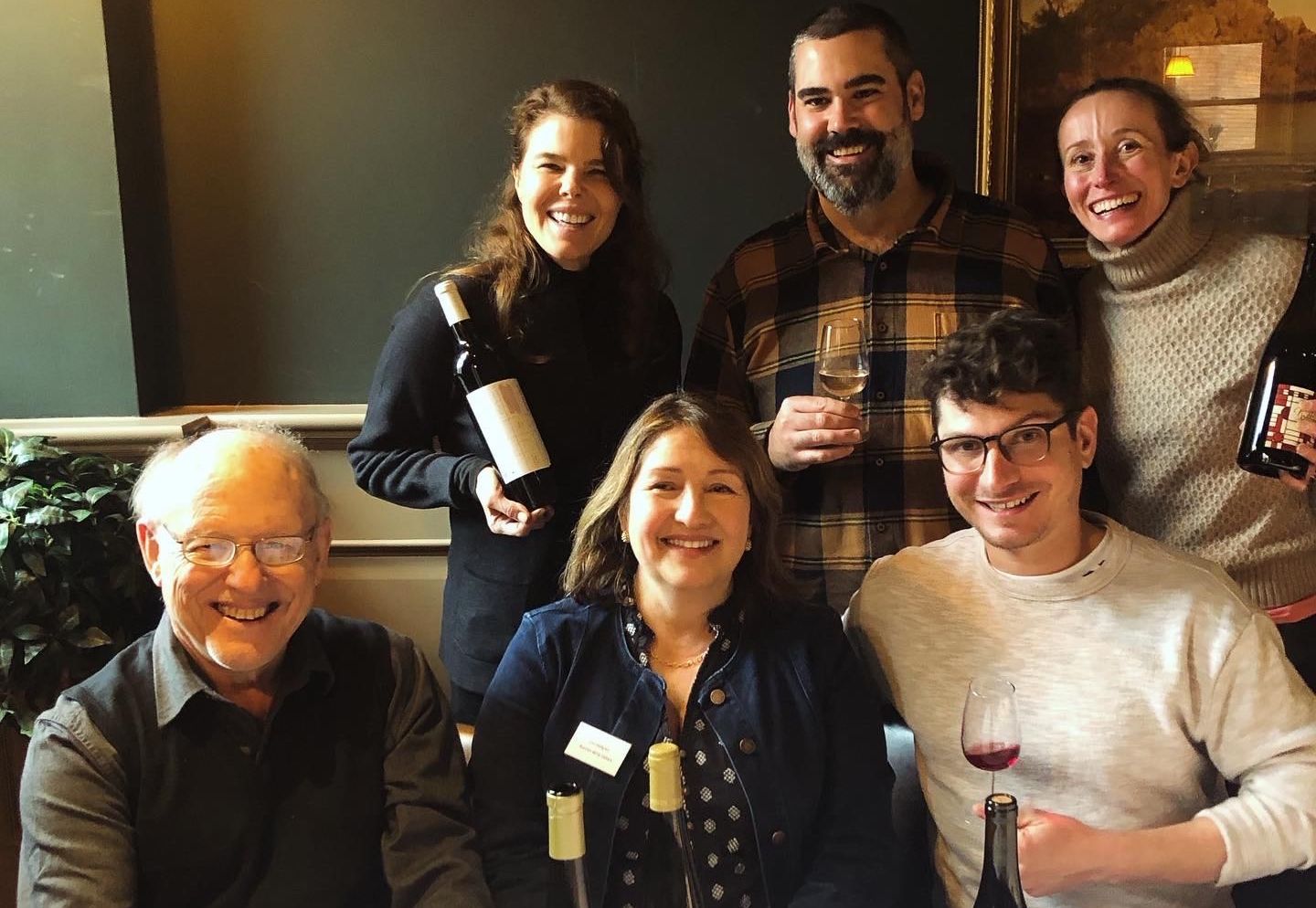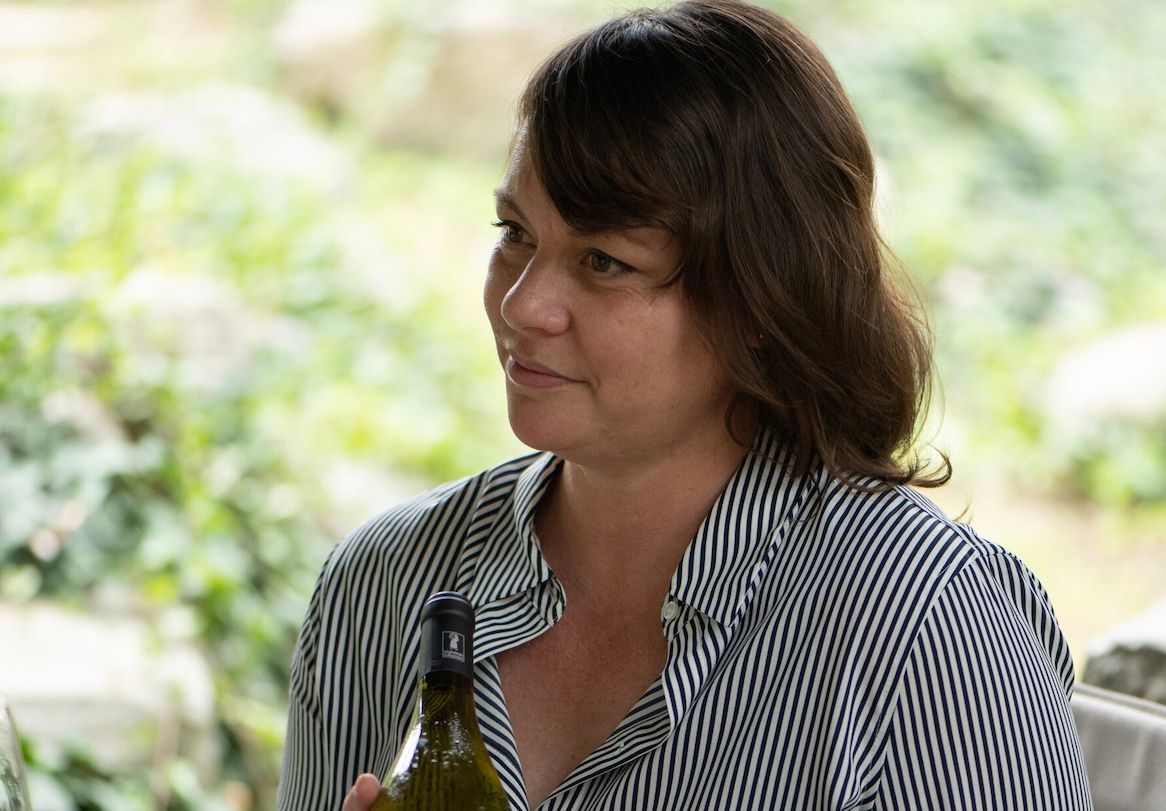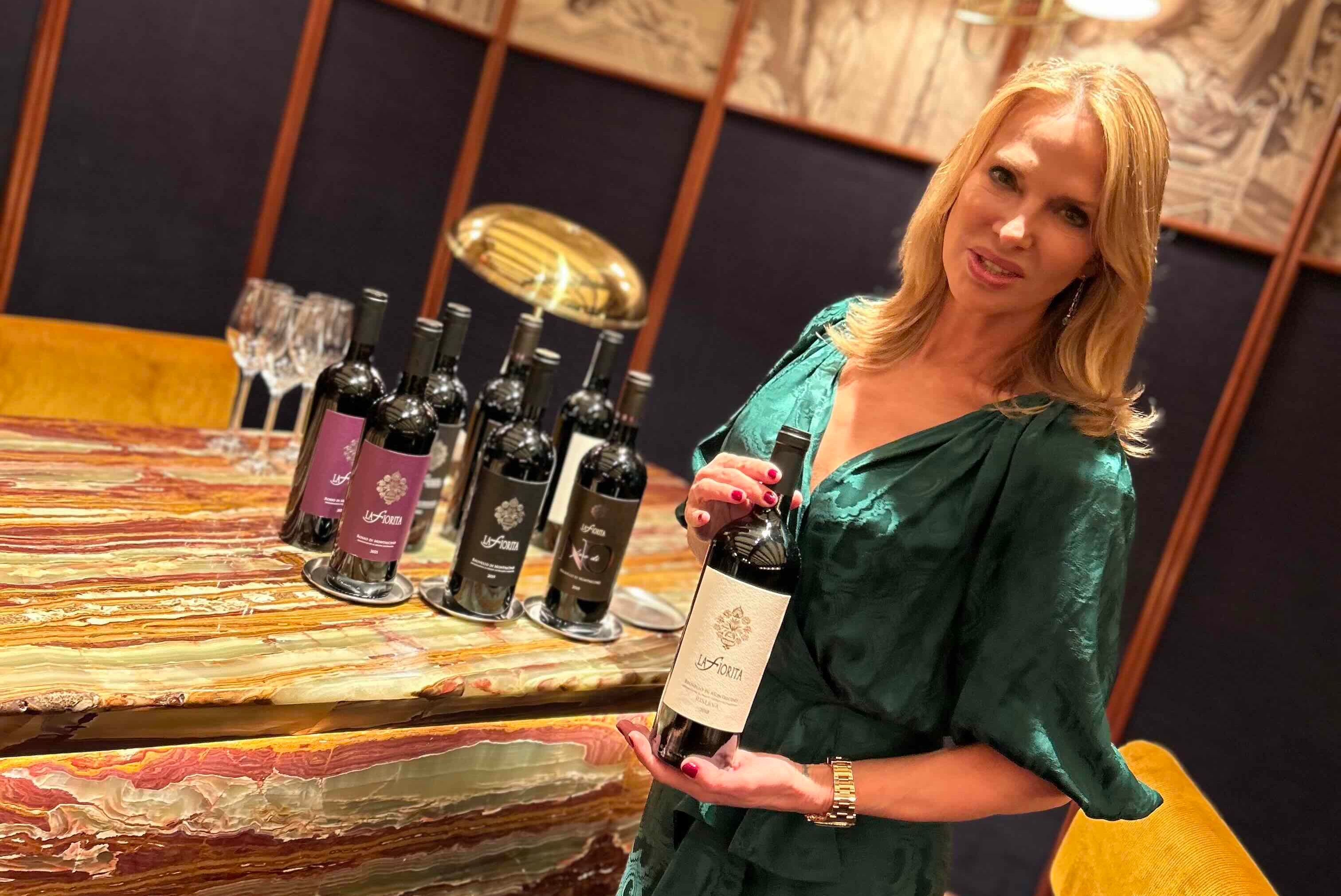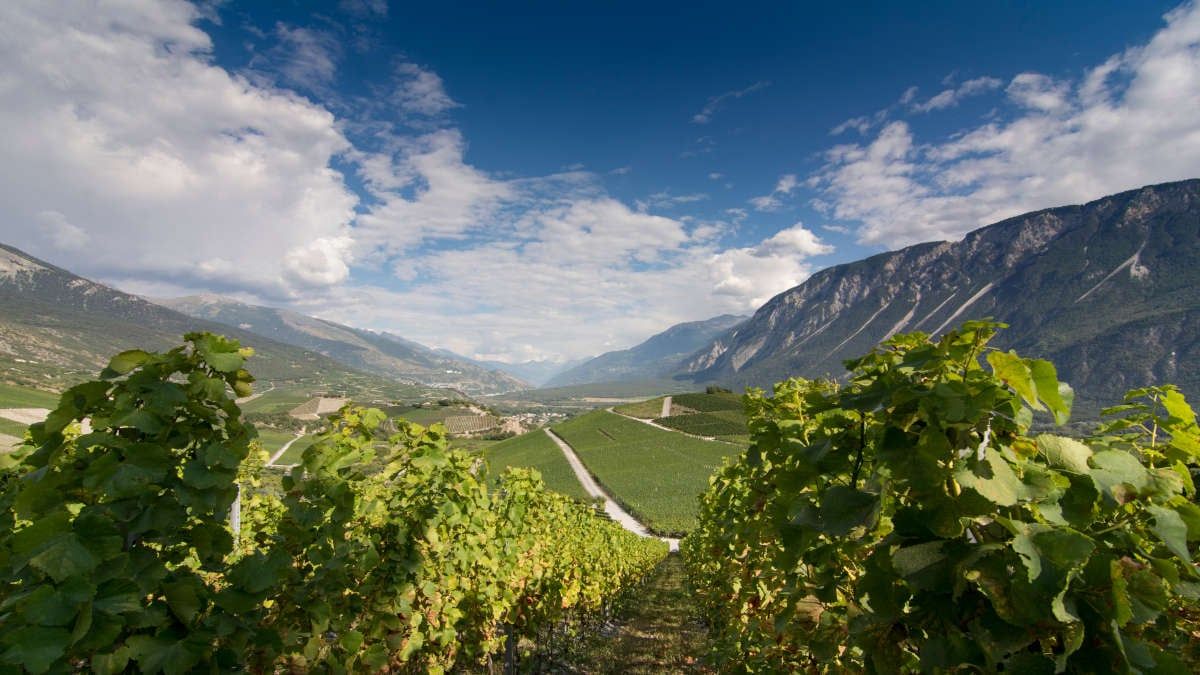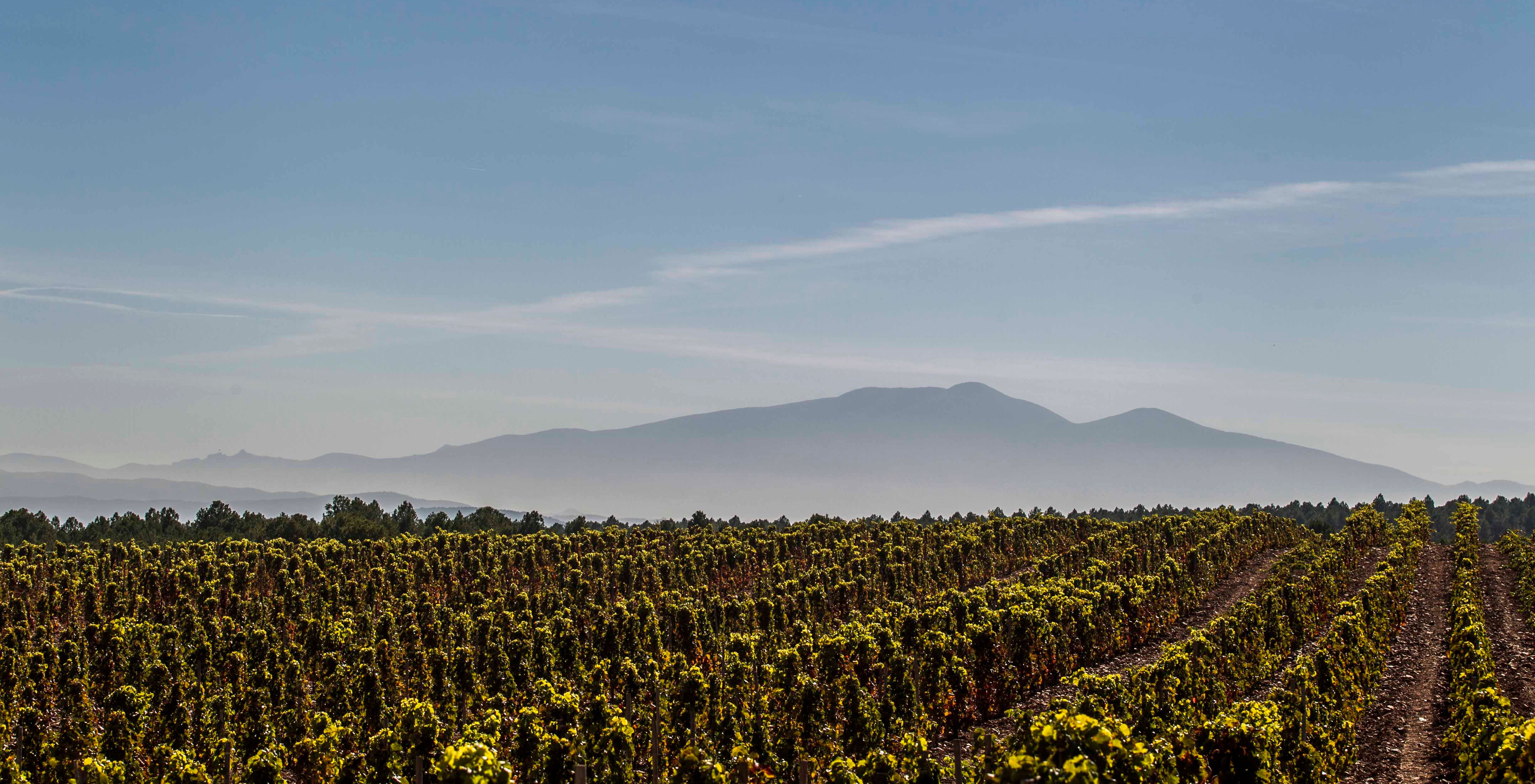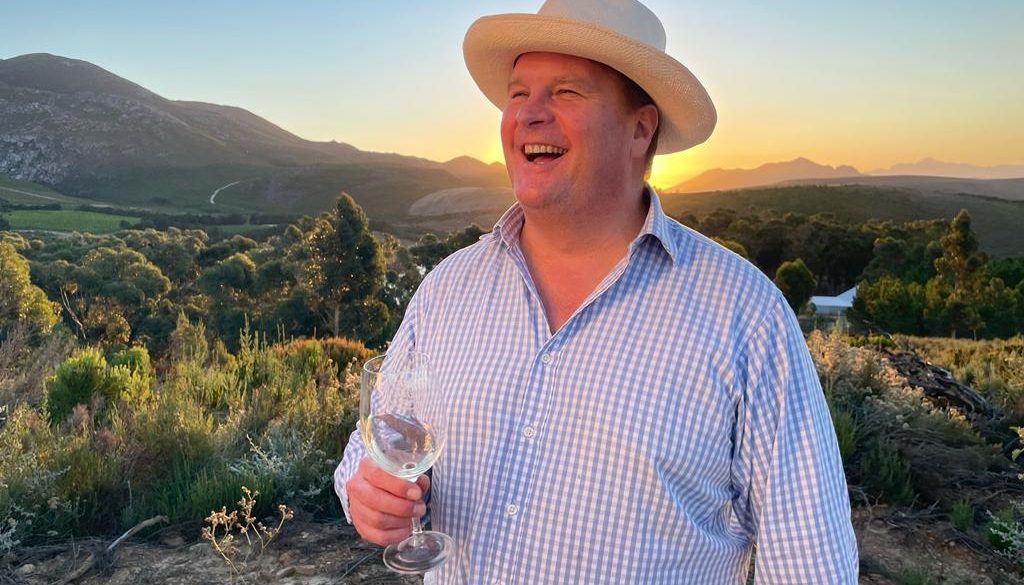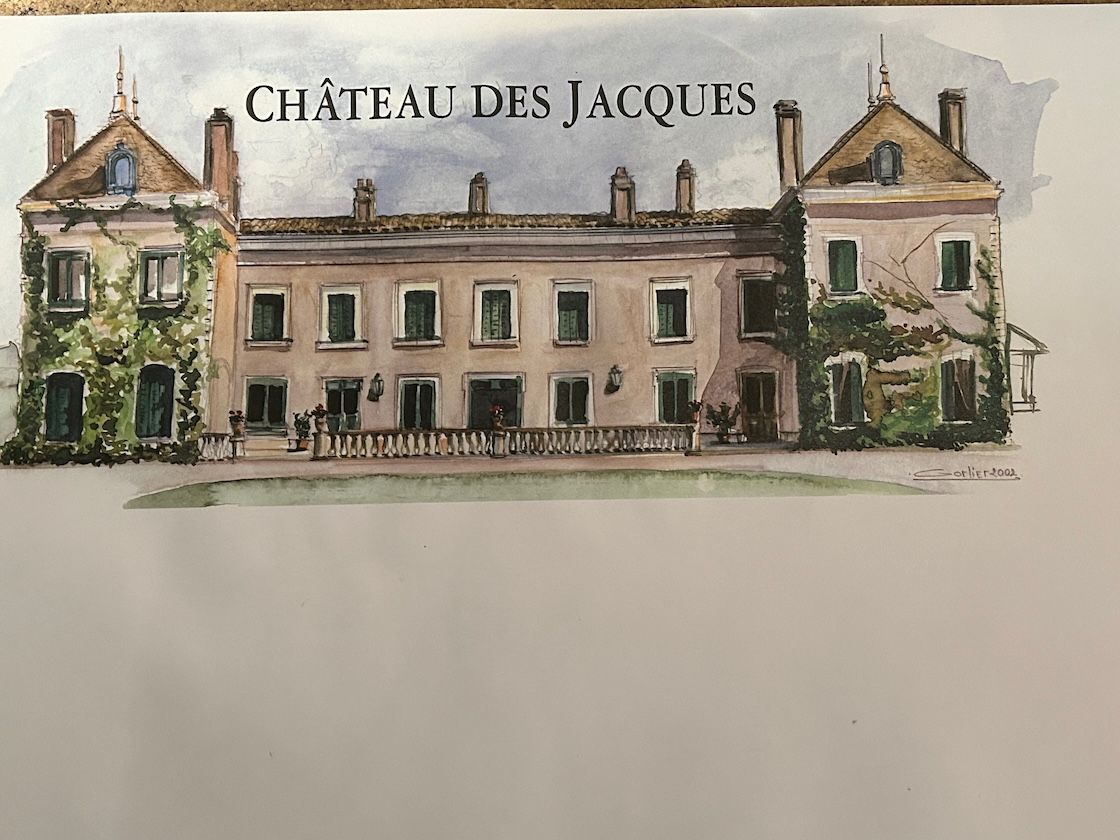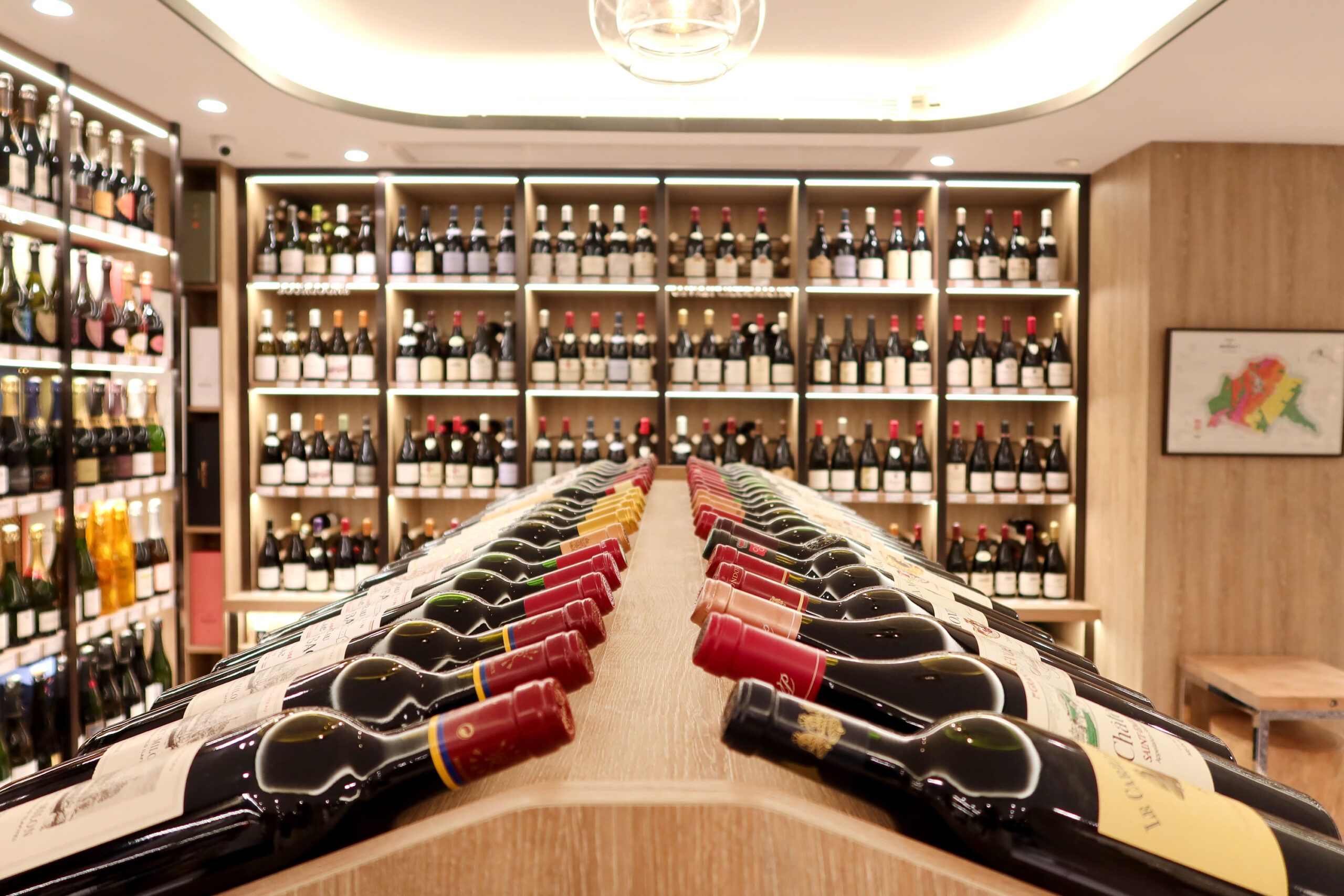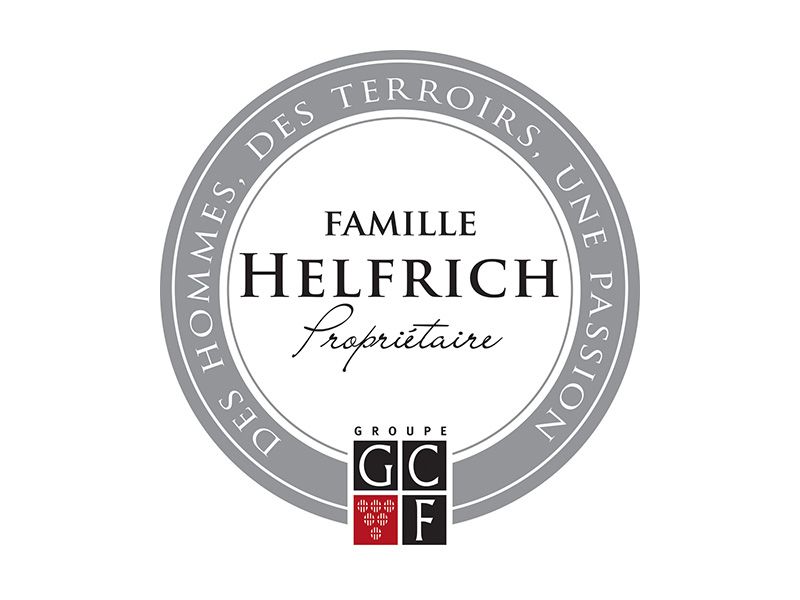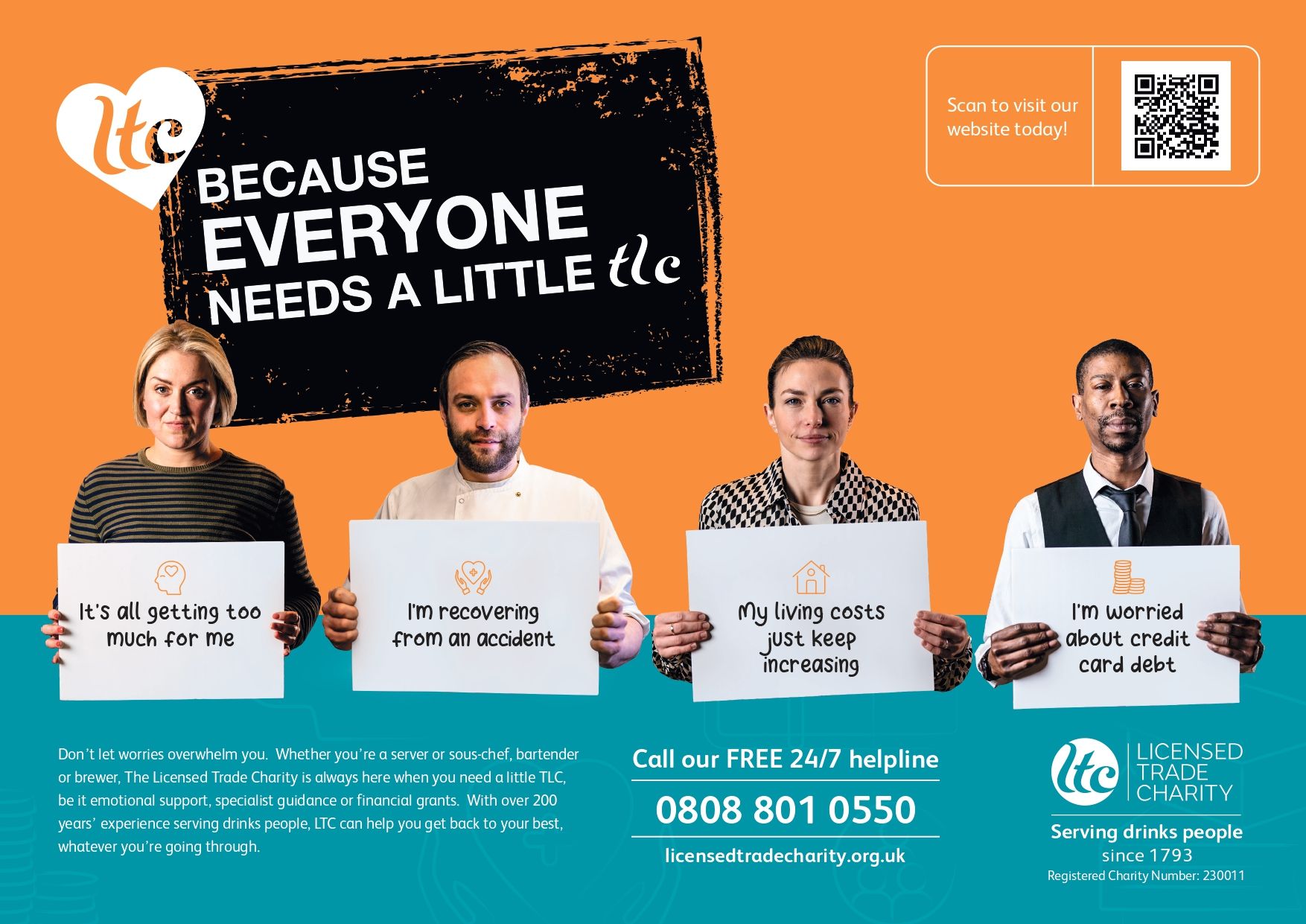“You might think that from the title this is about an angry woman who drinks a lot of wine and owns a lot of cats. But it’s not. There’s lots of humour and a happy ending.” Just in that one sentence Natalie MacLean demonstrates what a great writer she is and why her new very personal memoir is a must read.
What was the inspiration for writing what is clearly a very personal book?
At first, I thought, just walk away this dumpster fire and forget it. It was too painful to even look at my journal notes during that year. To write about it publicly would be vandalising my own privacy. So that’s what I did for five years. But the story ricocheted around my head all that time, and I finally realised I had to let it out, at least on paper.
For the first year I spent writing this story, I had no intention of publishing it. It was a private exercise in making sense of what happened to me.
But as I heard similar stories from other women not just in the wine industry, but also in tech, sport, and finance, I thought that my story may help someone else feel less alone.
However, I needed the distance of years to be able to reflect on what happened so that the book is actually useful to others and not just a misery dump. Memoirist Glennon Doyle advised, “Write from a scar, not an open wound.”
But why even write about it after the healing is done? Poet Sean Thomas Dougherty had the answer. “Why bother? Because right now, there is someone out there with a wound in the exact shape of your words.”
How did you go about setting out what you wanted to include and the tone of voice for the book to best tell your story?
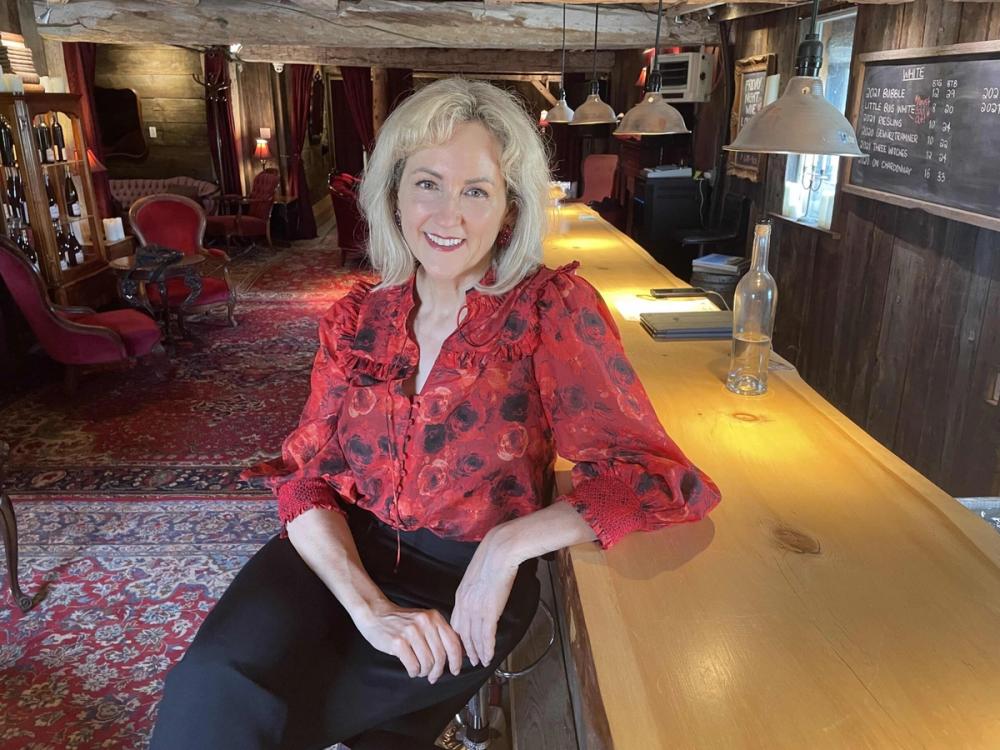
Award winning Canadian wine writer Natalie MacLean has decided to share her sometimes difficult and disturbing experiences working in the wine industry in a memoir
I’ve always written in a conversational tone as it invites the reader into the story. However, memoir has far more in common with the techniques of fiction writing than non-fiction, even though the facts are true. Plot, setting, character, conflict, and theme have to be fully developed for the story to hold together.
The other challenge is that memoir is one narrow slice in time, often just a year or so. By contrast, autobiography and biography encapsulate an entire life and can therefore take a more straight-forward, chronological approach. Memoir often goes back and forth in the timeline between what happened years ago and what the narrator and author thinks about it today. It’s challenging and exhilarating.
Can you summarise what the book is about?
This is the story about how one woman resurrects her life and career in the glamorous but sexist wine industry.
It starts with my shock when my husband of 20 years, a high-powered CEO, demands a divorce. My year gets even worse when an online mob of rivals comes for my job.
Wavering between despair and determination, I have to fight for my son, rebuild my reputation, and salvage my self-worth using my superpowers: heart, humour, and an uncanny ability to pair wine and food.
I question my insider role in the slick marketing that encourages women to drink too much while I battle the wine world’s veiled misogyny. In the end, I need to reconnect with the vineyards that once brought me joy, the friends who sustain me, and my own belief in second chances.
This true coming-of-middle-age story is about transforming your life and finding love along the way.
Why the witch theme and title?
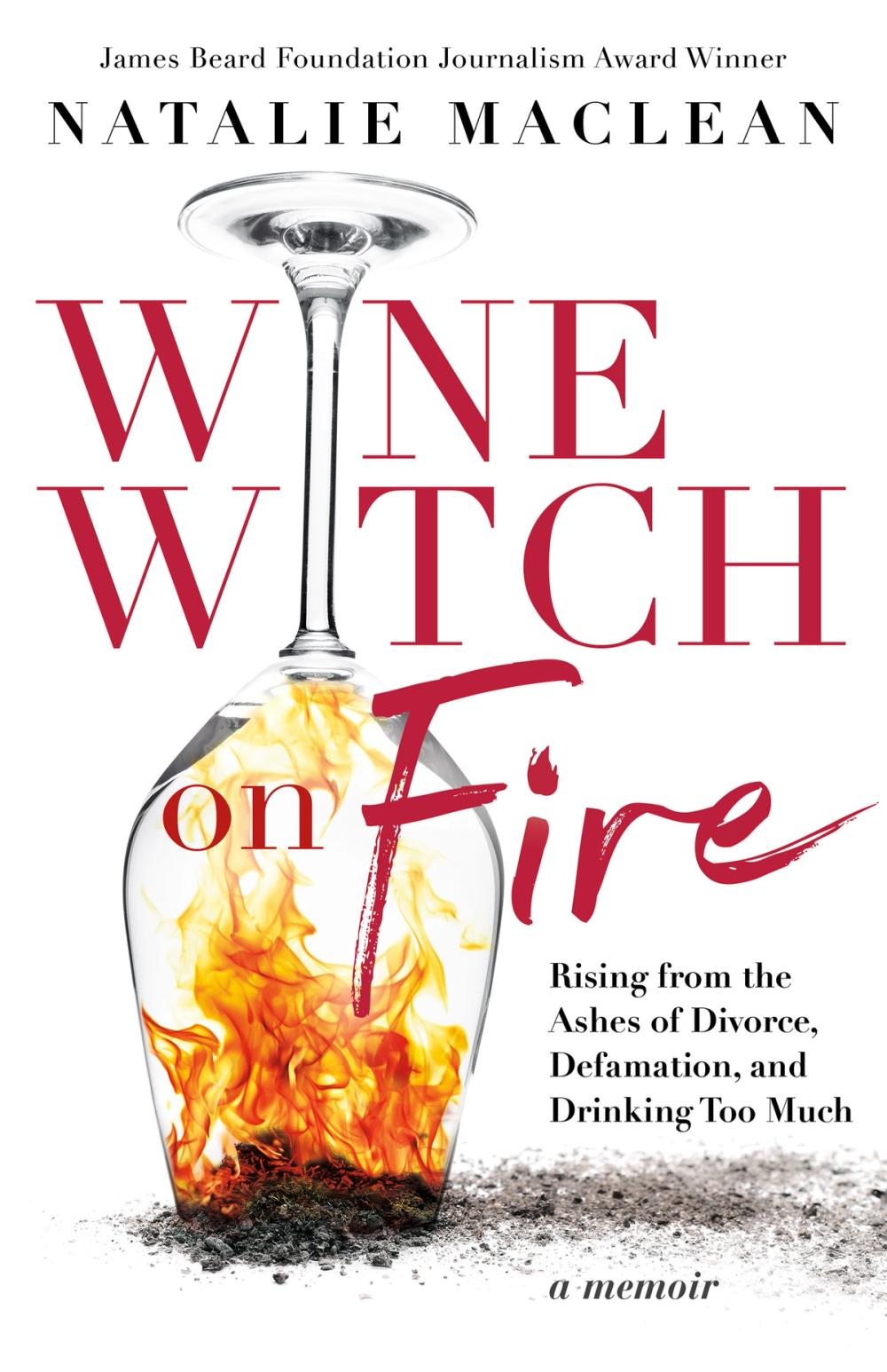
This will certainly stand out against other wine books on shelf…
You might think that from the title this is about an angry woman who drinks a lot of wine and owns a lot of cats. But it’s not. There’s lots of humour and a happy ending.
Witches resonate with me because their strength comes from within, not from external validation. They also embody the unity of women, the power of the feminine, and the healing connection to nature. My favourite childhood stories were always about witches, both good and bad, especially The Wizard of Oz and battling duo of Glinda the Good Witch and the Wicked Witch of the West who was unnamed in the book. I was entranced with these opposing forces that I later realised was inside me.
I even loved the straight-up badass White Witch of Narnia. Her wickedness was such a satisfying outlet for a tiny Miss Goodie Two Shoes. I cackled inside along with her. Now, of course, I realise how damaging stereotypes of women can be, and I think it’s time to reclaim the word witch and what it means: a wise woman who’s been through the fire and has come out on the other side stronger, wiser, fiercer.
What did you find the most rewarding about writing the book?
I had thought that strength and independence meant holding it all in, not needing anyone. That made things worse. I was only when I opened up to friends, family and a few other women in the industry that I felt the healing, restorative power of friendship. I thirsted for it, a dehydrated plant finally receiving the life-giving water she needed.
I realised that vulnerability is the only defence. Little Miss Perfect can’t control what others think of her, only what she tells them. So why not tell them lots, without editing out the nasty bits? That’s how I connect with others — not through perfection but through sharing my flawsome tendencies, which they see in themselves.
As painful as that year was, I realise I am who I am because of it. Extreme failure made me face something I never want to return to, but it also gave me a taste of a full life I never want to lose. When the angry online mob shoved me up against a wall, I had to ask myself, Am I really this person? Am I who they say I am?
Yes, no, and something more.
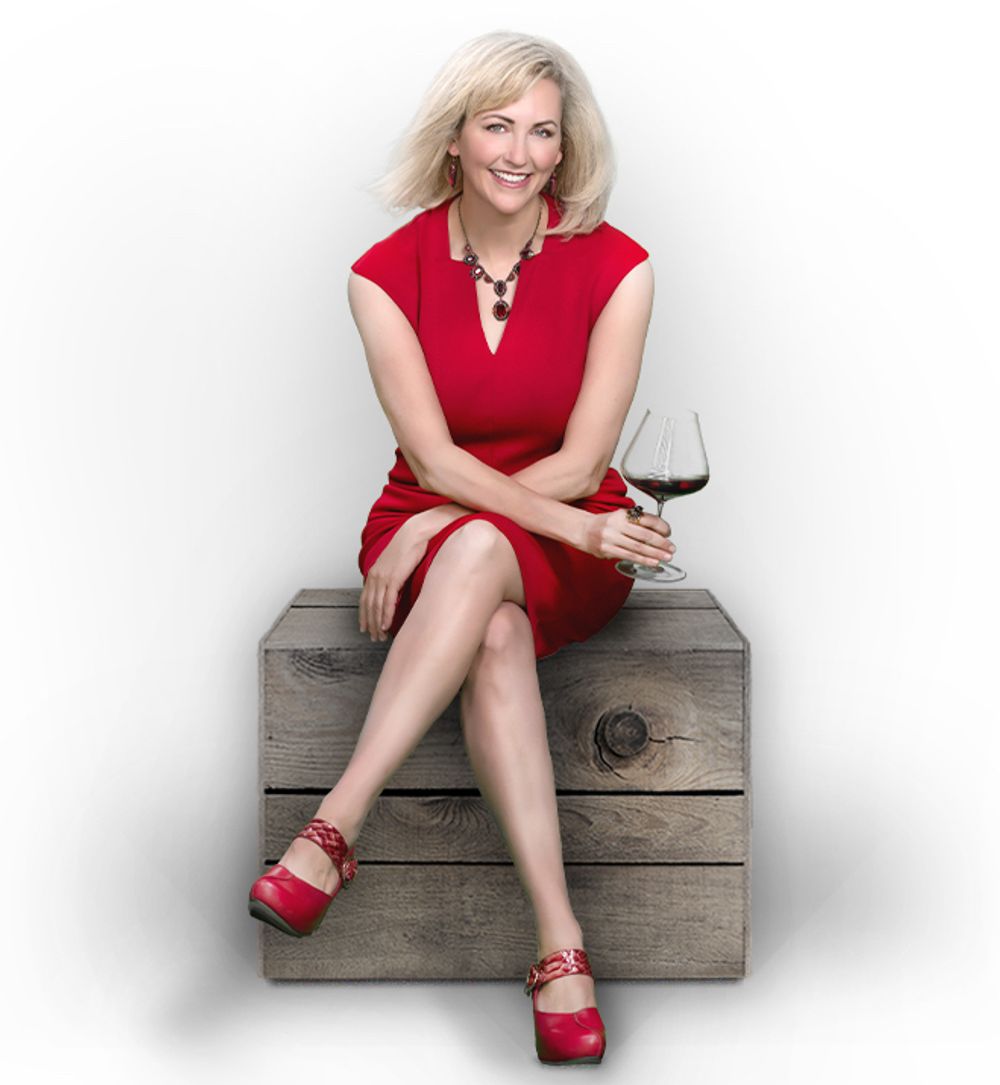
Natalie MacLean hopes other women, in particular, can learn from the experiences she has, both good and bad, in the wine industry
We change with our experiences. Each brings out different things in us, just as Syrah and Shiraz grapes express themselves as different wines in the soils and climates of the Rhône, Barossa, and Okanagan valleys. Each season, the vines must adapt to different weather, one year a killing frost; the next, a drought. They thrust their roots farther down through the cracks in another layer of rock to find the nutrients they need to survive.
I’ve reclaimed what I almost lost: my family, love, health, and career. My roots are deeper, my wisdom fiercer.
What did you find the most challenging – and how did you overcome those challenges?
MRI scans have shown that when someone who survived a near-fatal car accident reads a script to trigger those memories, their brain activity is similar to actually experiencing an accident. They’re not remembering the trauma, they’re reliving it. So first I had to get through the trauma with a lot of therapy before I could start writing this book.
Even now, 10 years later, I still slip into the present tense when talking about the attacks. The body remembers what the mind wants to forget. When I scroll down through the old social media screenshots, I’m back there. My heart races, my breath catches, dread seeps through me. The therapy continues, but I believe in Post Traumatic Growth.
Who do you hope will read the book – or you think it is most relevant for?
The core audience is women in the wine industry, especially those who have more than five years’ experience. Many of them were among my early readers and more than a few commented something along the lines of, “We don’t know each other, but it’s uncanny how similar our stories are.”
They also wished that they had this book when they were younger. As one said, “This should be required reading for those starting their careers – it’s a handbook on professional dangers.”
Most of the men in the wine industry who’ve read the book said that they didn’t realise how subtle and underground some of the issues are in the business. Many felt they better understood the challenges their mothers, wives, sisters, and daughters faced after reading the book.
This story will also resonate with women, men and non-binary persons in other industries who’ve ever felt alone or discouraged. Even though the specifics of our lives may be different—they may not have gone through a divorce, but they may have felt the longing for love. They may not have been attacked by an online mob, but they may have felt fear of the future. My memoir helps them experience those feelings though a different story and learn how someone emerged from life’s dumpster fires singed but not shattered.
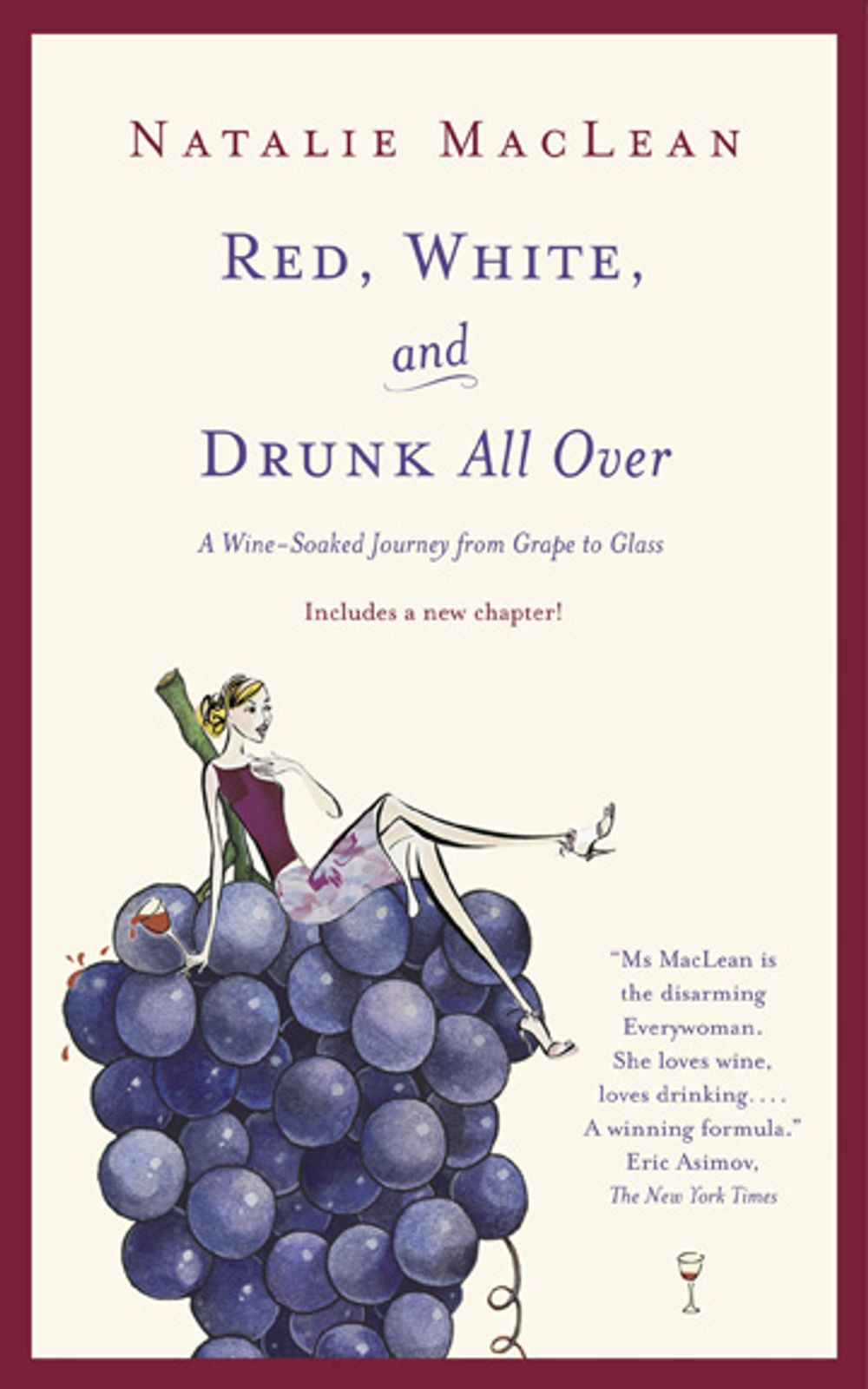
Natalie MacLean has written a number of wine books – also with attention grabbing titles
You cover issues such as harassment, sexism, and bullying in the industry. Has anything really changed since the events in your book took place?
What happened was years before movie producer Harvey Weinstein, and others, were convicted of sexual assault, and the #MeToo movement so there’s far greater awareness of these issues universally. The restaurant industry had exposed the sexual harassment by celebrity chefs and restaurateurs. The wine industry, however, is much smaller and less formalised than the restaurant industry. That makes it more prone to these abuses — and less likely to admit them. In such a clubby industry with a powerful social grapevine, you can quickly be ostracised.
More than 80% of North American and UK wineries are tiny, producing less than 5,000 cases a year and with fewer than 20 employees, according to industry statistics. Most don’t have a human resources department, let alone a harassment policy. Even when there is one, it’s often not communicated to employees.
Entry-level winemaking, sommelier, and other positions are apprenticeships with a mentor rather than conducted via group training. Even candidates with a college or university education must still apprentice. They’re often young and relying on their boss to refer them to their next position. These close, one-on-one work relationships with great power differentials can easily be manipulated.
A 2018 survey by the UK hospitality industry union revealed that 89% of hospitality workers and 80% of female agricultural workers reported on-the-job sexual harassment, statistics that don’t even include other forms of power abuse.
In 2020, theNew York Times published Julia Moskin’s scathing, multi-page exposé of the wine industry’s rampant sexism, with 21 women reporting that they had been sexually harassed, manipulated, or assaulted by male Master Sommeliers. The article noted that the abuse was a continuing problem of which the Court of Master Sommeliers leadership had long been aware. Women who had had relationships with the men were called “sommsuckers.”
The fallout was swift. Seven Master Sommeliers were suspended or stepped down for sexual misconduct, including the chairman of the organisation. There were calls for the entire board of directors to resign and to disband “the court.” Many of those interviewed in a series of follow-up Times pieces believed this was only the beginning for the last pale, stale, male preserve now imploding with its own #MeToo revelations.
So the short answer is that a lot has changed, but a lot still needs to be done.
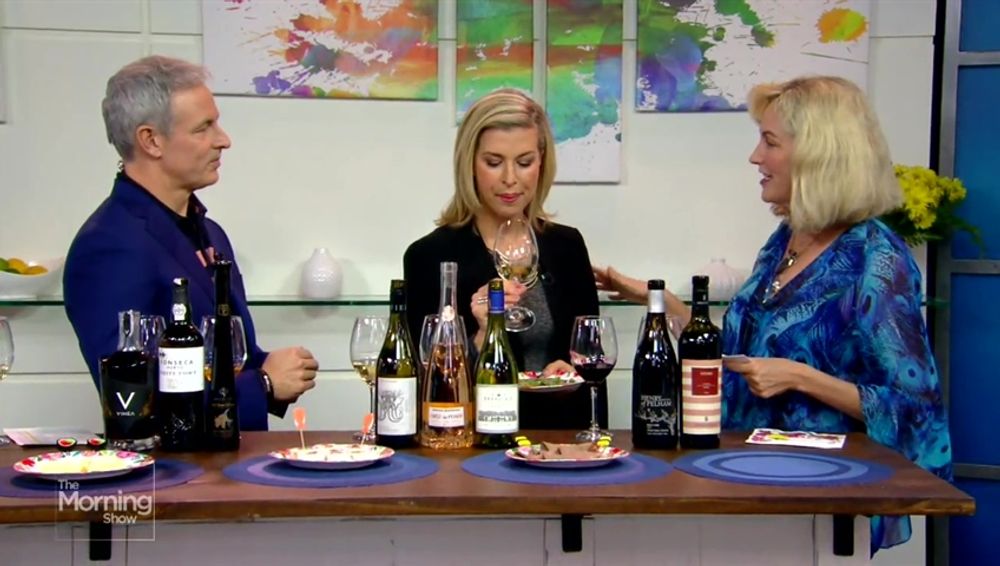
Natalie MacLean is a regular contributor on Canadian lifestyle and news shows
What else would you like to see businesses and individuals do more to really tackle these issues in the sector?
I’d like to see businesses not only develop a zero-tolerance policy for sexual harassment and discrimination, but actively communicate it with staff, partners, and clients. In the drinks business, like others, the cultural norms are established at the top.
What would a world without misogyny or sexism look like?
A world without sexism would be a world based on merit, where girls could dream and become who and what they want to be as women. In this world, we would believe people like Anita Hill and Christine Blasey Ford.
It would be a world where I would pay the same as a man for a haircut and where I wouldn’t have to put my keys between my fingers when I walk in a parking lot at night. It would be a world where, if I didn’t wear make-up, people wouldn’t ask me if I’m tired or sick, and I would choose when to smile, not when someone cat calls on the street to perk up, darlin’.
Sexism is so interlinked with racism, classism, and all the other isms that exist because some people believe they are better than others. If all that disappeared, we’d benefit from the contributions of so many more people. Rather than fighting injustice, we’d all have so much more time to learn, to create, and to enjoy life.
One of my favourite writers, Virginia Woolf, captured this beautifully in 1929 in A Room of Her Own: “When one reads of a witch being ducked or drowned, of a woman possessed by devils, of a wise woman selling herbs, or even of a very remarkable man who had a mother, then I think we are on the track of a lost novelist, a suppressed poet, of some mute and inglorious Jane Austen, some Emily Bronte who dashed her brains out on the moor or mopped and mowed about the highways crazed with the torture that her gift had put her to. Indeed, I would venture to guess that Anonymous, who wrote so many poems without signing them, was often a woman.”
Although this isn’t a self-help book, you do share tips on how you moderated your own alcohol consumption. Can you share a couple of these?
I ask myself what was the thought before the thought, “I need a glass of wine.” If it’s about relieving stress and not enjoyment, then I try to find another way to do that: go for a walk, take a bath, watch a favourite show.
When I open a bottle, I’ll pour half the wine into a clean, empty half bottle and recork it. It keeps the wine fresh for another night, and I’m more mindful about how much I’ve consumed.
There are lots more tips in the book.
On a more positive note, describe the taste of your first great wine.
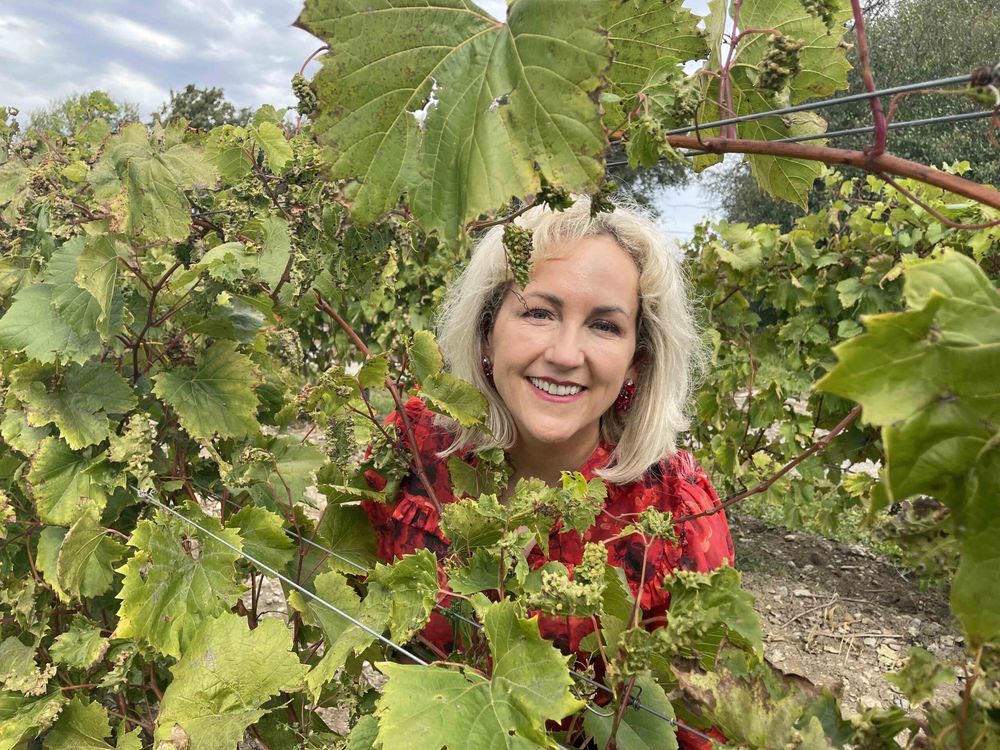
Natalie MacLean has built a strong reputation as one of the leading voices and writers about wine in the US and around the world
As I raised the glass to my lips, I stopped. The aroma of the wine rushed out to meet me, and all the smells that I had ever known fell away. I didn’t know how to describe it, but I knew how it made me feel.
I moistened my lips with the wine and drank it slowly, letting it coat my tongue and slide from one side of my mouth to the other. The Brunello trickled down my throat and out along a thousand fault lines through my body, dissolving them.
My second glass tasted like a sigh at the end of a long day: a gathering in, and a letting go. I felt the fingers of alcoholic warmth relax the muscles at the back of my jaw and curl under my ears. The wine flushed warmth up into my cheeks, down through my shoulders and across my thighs. My mind was as calm as a black ocean. The wine gently stirred the silt of memories on the bottom, helping me recall childhood moments of wordless abandon.
I still yearn for that first taste again.
What do you like most about working in wine?
I love wine because every vintage and every bottle is different, unlike the packaged food I used to market at Procter & Gamble. Wine is an agricultural product celebrated for diversity and unpredictability. It’s like going to a ballet versus watching an edited version on television. That live in-the-moment-risk is thrilling. A dancer could fall flat on her face or soar weightless in the air.
Wine is more an experience than a thing in the way it accesses memories and emotions. I can float from place to place in my mind on the magic carpet of scent.
I also love wine because it’s fleeting — not like a painting that’ll exist for centuries. This glass of wine in front of me has one chance, one moment.
I love the ecstatic surrender of wine — church for the unchurched. Without the drinker, wine is an unplayed instrument. Together we create the experience.
Any great experiences you would like to share?
I remember the September evening years ago when I visited Merry Edwards Winery and Vineyards, in Sonoma. The sweet smell of grapes and alcohol hung heavy in the air of the barrel room. As I walked into the vineyard, the slanting amber rays slid over my shoulders. Wine drew me outside again, connecting me with the earth. It got me out of my head and away from the computer I was chained to in my previous tech job. Some employees there slept under their desks to work longer. We were “mole people,” I used to joke. We shrank from sunlight.
When I returned to the tasting room, I drank the wine to make the sun and soil part of me. Then I wrote about it to metabolise my feelings and digest its sensuality.
What do you hope people will take away from it, learn, share and use for their own experiences?
A piece of themselves — better understood.
The winemaking term “dry extract” refers to the essence of the wine’s flavour components when all the moisture has evaporated. Dry extract is in us too, as people, our deepest reserves of strength and resilience. It’s what’s left after life has burned us down to our essence. I want readers to hold on to that, to know that they can rise again after they walk through those flames—stronger, brighter, fiercer.
You have a wine guide for wine groups, book clubs, and individual readers of your memoir. What’s in it and where can we get it?
The free guide has questions that not only relate to the book, but also to broader issues about drinking, sexism in marketing, and dealing with trauma. It also recommends wine to pair with the book and other books. You can use the guide in a group or just read it on your own.
- Natalie MacLean, named the World’s Best Drinks Journalist at the World Food Media Awards, has also won four James Beard Foundation Journalism Awards. She’s the author of Red, White and Drunk All Over and Unquenchable. Wine Witch on Fire: Rising from the Ashes of Divorce, Defamation, and Drinking Too Much has just become a bestseller in Canada and is now available in the UK and elsewhere from these retailers.
- She hosts the New York Times recommended podcast, Unreserved Wine Talk, and offers popular online wine and food pairing classes at www.nataliemaclean.com.
- You can get her free guide here: www.winewitchonfire.com.
